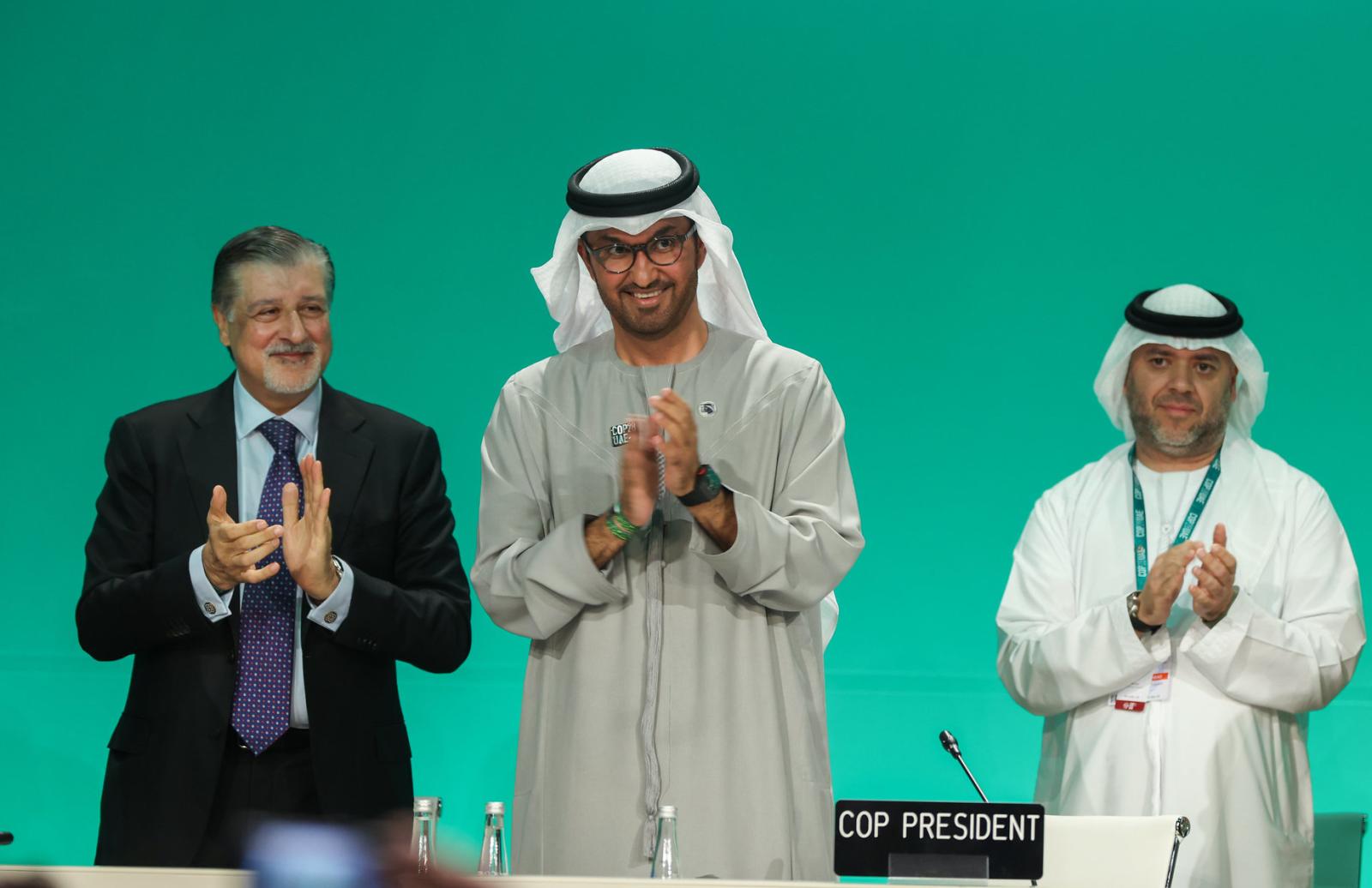The Scottish chemist William Ramsay (Glasgow, 1852 – High Wycombe, 1916) carried out the researches that made him famous in the last decade of the 19th century. He won the Nobel Prize in Chemistry for his discovery of the noble gases (1904). Thanks to his fame, his talents as a consult were in considerable demand in a variety of sectors. Ramsay chaired the British Association for the Advancement of Science. His opening speech at the Portsmouth meeting of the British Association for the Advancement of Science held in August 1911 was focused on the energy resources. He pointed out that the work of the machines and the availability of energy allowed the population of the British Isles to save lots of manual labour, in the same way that slaves allowed the Athenians to devote their time to literature and philosophy. Every Athenian had an average of five slaves who worked for him, while every British family had twenty or so “slaves” at its disposal. Unfortunately, however, there was not an endless supply of Coal in the British Isles. Considering that British resources were estimated at around 100,000 million tons, it was deduced that the supplies would be completed exhausted within the space of 175 years. What could be done? It was necessary to look for other energy sources. Following the recommendations of British Science Guild Committee, Ramsay indicated:
- The possibility of utilizing tides
- The internal heat of the earth
- The winds
- Solar heat
- Water-power
- The extension of forests, and the use of wood and peats as fuels
- The possibility of controlling the undoubted but almost infinitely slow disintegration of the elements. Ramsay claimed that he was unable to go into the merits of the discussion due to a lack of time, but was rather sceptical with regard to the real possibility of solving the energy problems by using the sources cited, other than in a very marginal way. He was convinced that was necessary to use coal more efficiently.
Here is how:
- By the substitution of turbine engines for reciprocating engines
- By the further replacement of turbines by gas engines
- By creating the power of the pit-mouth and distributing it electrically
- In replacing coke ovens by recovery ovens
In substituting gas for coal or coke in metallurgical, chemical and other works.
Other indications on energy savings and the efficiency of combustion followed, including smoke control, the introduction of central heating, etc. The conclusive part of the report contained criticism of collective behaviour. The Royal Coal Commission had been warning the nation since 1903. Unfortunately their warnings had gone unheeded and the nation had postponed all action.
After mentioning the commitment of the U.S.A. in this sector, Ramsay called legislative intervention to punish waste, accompanied by adequate information on the advantages of energy savings and by loans which could favour the adoption of suitable provisions. He emphasised that it was necessary to concentrate energy in the form of electricity to transport it over long distances and improve the performance of the machines that transformed mechanical energy into electricity. He also emphasised that it was necessary to use gas and bring the factories closer to the mines to save on transport. It was also necessary to invent something that would allow the direct conversion of the energy contained in coal into electricity. He then launched an appeal to encourage the study of pure science, without focusing on its application. The discovery of radium, apparently detached from all industrial applications, was turning out to be promising in numerous fields.
But “As charity begins at home”, Ramsay concluded with a request to the British Association for
the Advancement of Science. His most urgent duty was to leave future generations a heritage worthy of that left by his predecessors.
Several newspapers, including “The New York Times” and “The Press” (New Zealand), quoted Ramsay’s speech.



